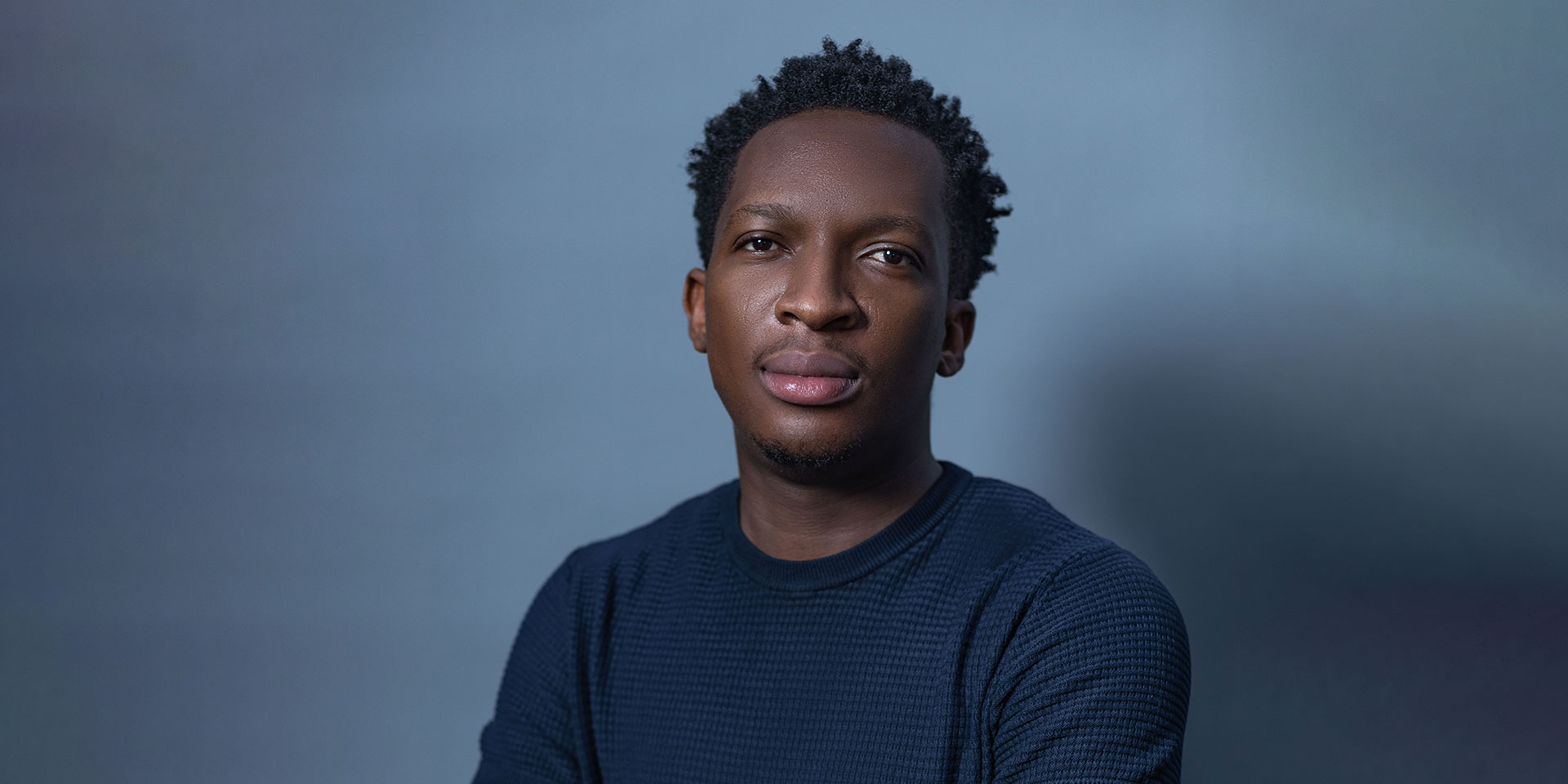
Supporters of Danish division two side, Aarhus Fremad, have expressed optimism about the financial fortunes of the club following its takeover by Nigerian tech businessman, Shola Akinlade.
Akinlade who is the co-founder and CEO of Paystack, a leading Nigerian FinTech company, acquired a 55 per cent stake in Aarhus Fremad last week, establishing the team as a sister club to Sporting Lagos FC, a Nigeria National League side founded by him in 2022.
As reported by soccernet, the Nigerian visited the Danish club for the first time to meet with the fans and that coincided with the game between Aarhus Fremad and FC Roskilde at the Riisvangen Stadium on Monday. He also held his first board meeting at Fremad and met the city’s mayor to discuss his ideas for the club on Tuesday.
The latest financial report reveals that the club has suffered a loss of two million kroner over the past two years and the fans are hopeful the takeover will spark a turnaround for the club amid
“This is a community-based club, so it is important to keep that in mind going forward with Mr. Shola. But I have been looking into what he has been doing with Sporting Lagos and it looks like it is based on familiar ideas and values. So maybe this can turn out to be a good thing.” One of the fans, Phillip said.
The club’s director, Lars Kruse, also acknowledged the potential of the takeover.
“It has been quite difficult for us running this club as a business. It has been a passion project for a few of us,” Kruse said.
“So, it is really good for me now that we have some significant economic strength due to Shola coming to the club.”
Akinlade had expressed his enthusiasm for the joint venture, which will power local communities. “I am truly honoured and excited to embark on this new chapter with Aarhus Fremad and further our shared commitment to engaging and empowering local communities.”
Currently, Aarhus Fremad tops the 2nd division and has a chance of being promoted to Denmark’s second-best league. However, the club has faced financial difficulties in recent years, with Kruse, the former primary equity owner, covering its deficit.





